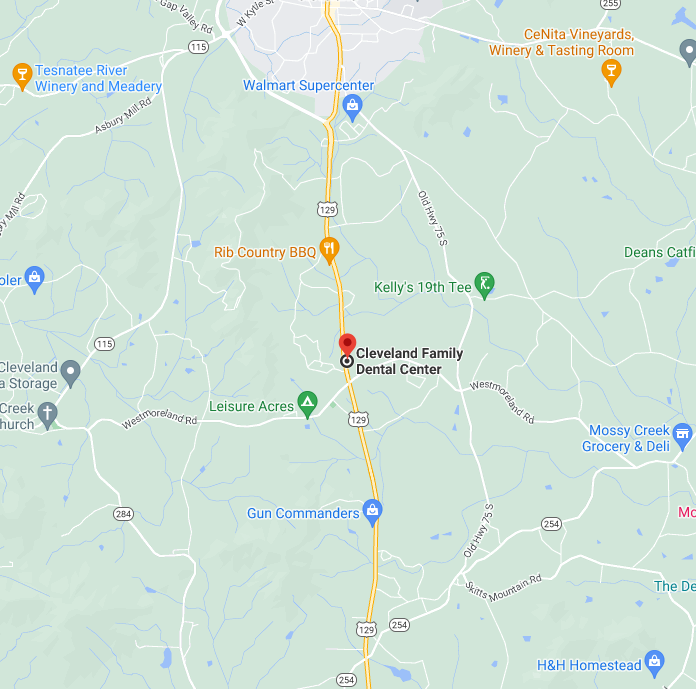Pre-Op Procedure
We would like to make sure that you are completely aware of all necessary procedures before you have your I.V. sedation. Please follow these guidlines to insure you are prepared for your procedure when you arrive.
If You Are Going to be Put to Sleep
• No food or drink after midnight the day before treatment.
• Afternoon Appointments: You may have coffee with cream and sugar or non diet soda between 7 & 8 AM the day of.
Health Concerns:
• Diabetic’s must be seen in the morning.
• Please take any daily medications.
• Please let your MD know, of your dental treatment if there are health concerns.
What to Wear and Who to Bring with You:
• Wear short sleeves and loose fitting clothing.
• Your ride must stay while the treatment is performed and drive you home immediately afterwards. Must have a car. No taxi or bus. Bring someone you can trust. There is a $50.00 monitoring fee if they leave.
• Please leave small children at home and limit your guests to your driver if at all possible.
Post-Op Procedure
The extraction of erupted teeth, the surgical removal of impacted teeth and other types of oral surgery require special and important post operative care. The following instructions MUST be followed in detail:
1. Bite on gauze placed in your mouth for approximately one hour. Do not chew on it. This gauze may have to be replaced. The gauze can be replaced with a TEA BAG if bleeding persists.
2. DO NOT RINSE, USE A STRAW, OR FORCEFULLY SPIT FOR 24 HOURS AFTER THE SURGERY. Starting the next day, you should rinse after meals and at bed time with warm salt water for several days. It is best to avoid smoking for several days.
3. Swelling is to be expected after oral surgery. An ice bag to the side of your face that has had surgery will help to minimize the swelling. 15 minutes on and 5 minutes off for at least 8 hours is advised and may be helpful in the first 8 hours. Keep your head elevated by two pillows until the next day. Oozing during the night is to be expected. a towel on your pillow may help.
4. You may eat or drink anything liquid or soft you wish except alcoholic beverages the day and night of surgery. It is important that you take nourishment; try not to miss a meal, even though it may be liquid.
5. Take your prescribed medications as directed. Warning, certain pain medications will cause drowsiness. Therefore, do not drive or expose yourself to dangers while taking them. Dizziness or fainting may occur after medicines have been taken. Be cautious on getting up. Please be advised: some studies show decreased effectiveness of birth control pills while taking antibiotics.
6. You may gently start brushing your teeth the day after surgery, not the day of surgery.
The Following Conditions May Occur
1. The wound may “ooze” or bleed very slightly for one or two days after surgery this is normal. Excess saliva and a small amount of blood appears to be a lot of blood. If excessive bleeding occurs. place firm pressure on the area, call the office if it persists.
2. Dizziness after anesthesia is normal. Stay lying down and have help walking if you feel “faint”. Stand up slowly from lying or sitting position. If fainting occurs. lay the patient flat and raise the legs.
3. The area operated on may swell and become quite large. This is also normal and will begin to decrease after 5 or 6 days.
4. Stiffness of the jaw is nature’s way of resting an area of the body that needs to be healed after surgery. This stiffness will relax after 5 or 6 days but may persist longer.
5. Nausea may occur. Change to a clear liquid diet and take antinausea medicine if prescribed.
6. Discoloration of the face is caused by natural seepage of blood and fluid into tissues during the surgery. These yellow or blue areas will appear gradually and disappear slowly. Heating pads starting 2 days after surgery may help speed up this process.
7. Small bone fragments that sometimes appear will slowly work their way out of the gum tissue as the tissues heal. These may feel like pieces of tooth but are actually bone.
8. Numbness of the lower lip, chin, and/or tongue will sometimes occur after surgery. This usually disappears in a few days to a few months. Consult the doctor if this persists.
9. A void where the tooth once rested is normal and should be kept as clean as possible beginning the day AFTER surgery with salt water rinses or your mouth wash. It will gradually fill in from bottom and then upward.
10. Moderate to severe pain should be expected. Use the prescribed medicine to counteract this discomfort. Advil or Tylenol maybe supplemented. Do not drive or operate machinery while taking your pain medication.
11. There may be a slight elevation in temperature (fever) for 24 48 hours after surgery. If the fever continues, or goes higher than 10 1 IF, please call the off ice.
12. When stitches are used. they will often work their way out of the tissues and will appear as small strings in your mouth this is normal. With swelling there may be a sensation of the cheek being “sewed to gum” this Is normal.
We wish you well after your surgery. Please call us with any concerns you may have.


